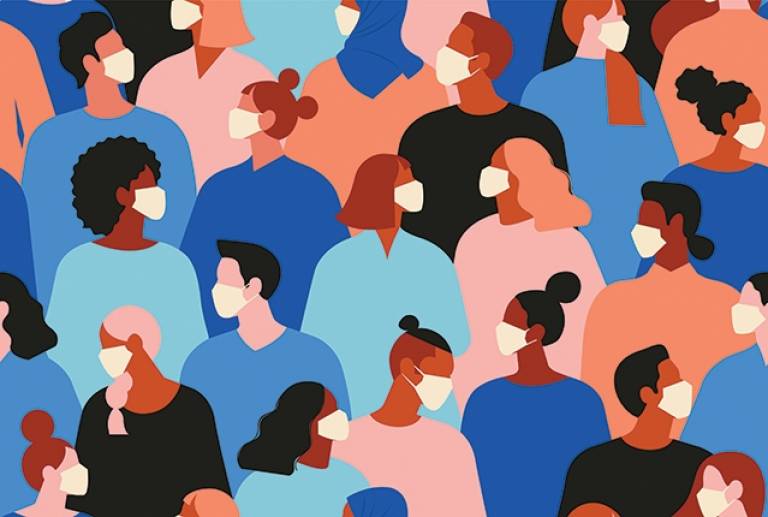The Racialized Pandemic: Wave One of COVID-19 and the Reproduction of Global North Inequalities
13 August 2021
Gerda Hooijer and Desmond King document the broad patterns of COVID-19 as it affects minority communities.

We document the broad patterns of COVID-19 as it affects minority communities. We present a theoretical framework rooted in Global North democracies’ racial and ethnic legacies to analyze the health and economic disparities between these communities and the white majority population.
Marshalling first-cut empirical evidence from the United States, the United Kingdom, the Netherlands, and Sweden, we find patterns of the pandemic’s distribution consistent with how the burden of racial and ethnic legacies endures: people from minority communities have worse health and economic outcomes under normal circumstances, inequalities the COVID-19 crisis has exacerbated. The comparison shows that the impact of racial and ethnic discrimination on pandemic policy outcomes is not unique to the United States. Health inequalities stemming in part from patterns of institutional racism and discrimination perversely help reproduce these societal inequities. We find that governments’ initial responses have failed to mitigate the disproportionate impact of this health and economic crisis on minority communities because they did not acknowledge or address the particular challenges that these groups face.
Authors: Gerda Hooijer and Desmond King
 Close
Close

